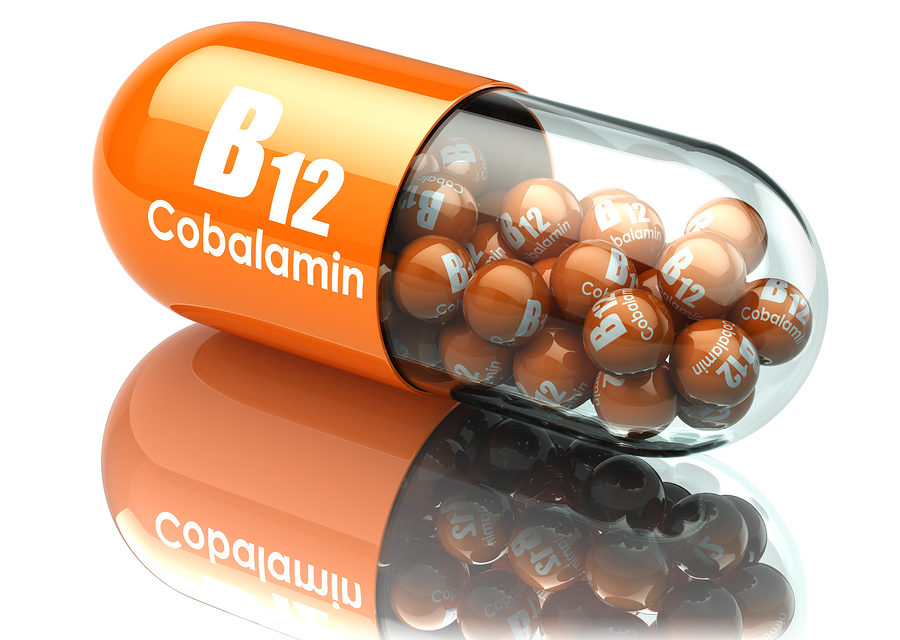Measuring methylmalonic acid is a way of determining a vitamin B12 deficiency. Serum methylmalonic acid levels will be increased with a B12 deficiency. Research appearing in the journal Neurology (2009; 72: 361-367) looked at the rate of cognitive decline as it relates to serum levels of vitamin B12 and methylmalonic acid levels. Earlier studies have related homocysteine levels to cognitive decline, but homocysteine is not as specific a marker for B12 deficiency as is methylmalonic acid.
This was a prospective study involving 516 subjects from the Chicago Health and Aging Project. The researchers linked vitamin B12 status to scores on cognition tests over a period of six years (testing in year three and in year six). High serum methylmalonic acid level was associated with a faster rate of cognitive decline. Similarly, a high level of serum B12 was associated with a lower rate of cognitive decline. The researchers concluded that, “Serum methylmalonic acid and vitamin B12 concentrations may be the more important risk factors for cognitive decline when compared to serum homocysteine concentrations, particularly in older populations exposed to food fortification and possible supplements containing folic acid.”






